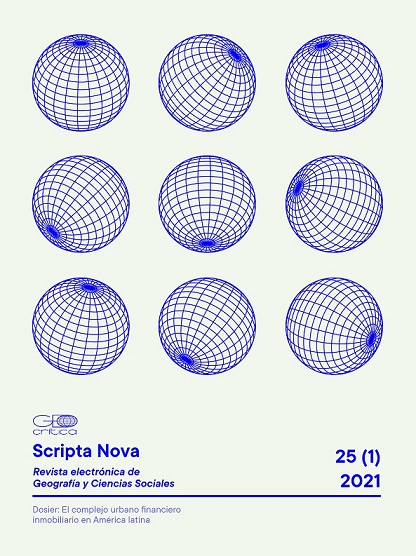The Use of Historical Land Surveying and Mapmaking Methods in the Making of Reliable Digital Town Maps. A Case Study: Zwolle, The Netherlands
Keywords:
Maps reliability, historical cartography, land surveying, digital processing, geometric transformationsAbstract
Technically speaking it is possible to digitize all historic sources and integrate these seamlessly into new (re-)constructions. But how do these (re-)constructions relate to the original and how can we asses their reliability? Cartographers of digital maps seldom take historical information into account. Historical maps have their own limitations which can lead to unreliable virtual reconstructions. By historical research of the training of land surveyor and of the making of maps we might understand how errors occur. The aim is to reduce technical manipulations and to visualize them where they are necessary. At the case study of the Dutch town Zwolle the reliability of historical land surveying techniques /maps and its methodological implications for the development of digital town plans will be demonstrated. The research is embedded in the research program: Paper and Virtual Cities: New methodologies for the use of historical sources in virtual urban cartography, financed by the Netherlands Organization for Scientific Research (NWO).Downloads
Published
2007-06-04
Issue
Section
Articles
License
Los autores que publican en esta revista están de acuerdo con los siguientes términos:
- Los autores conservan los derechos de autoría y otorgan a la revista el derecho de primera publicación, cin la obra disponible simultáneamente bajo una Licéncia de Atribución Compartir igual de Creative Commons que permite compartir la obra con terceros, siempre que estos reconozcan la autoría y la publicación inicial en esta revista.
- Los autores son libres de realizar acuerdos contractuales adicionales independientes para la distribución no exclusiva de la versió de la obra publicada en la revista (com por ejemplo la publicación en un repositorio institucional o en un libro), siempre que se reconozca la publicación inicial en esta revista.





